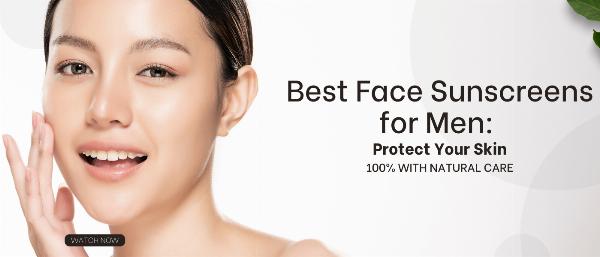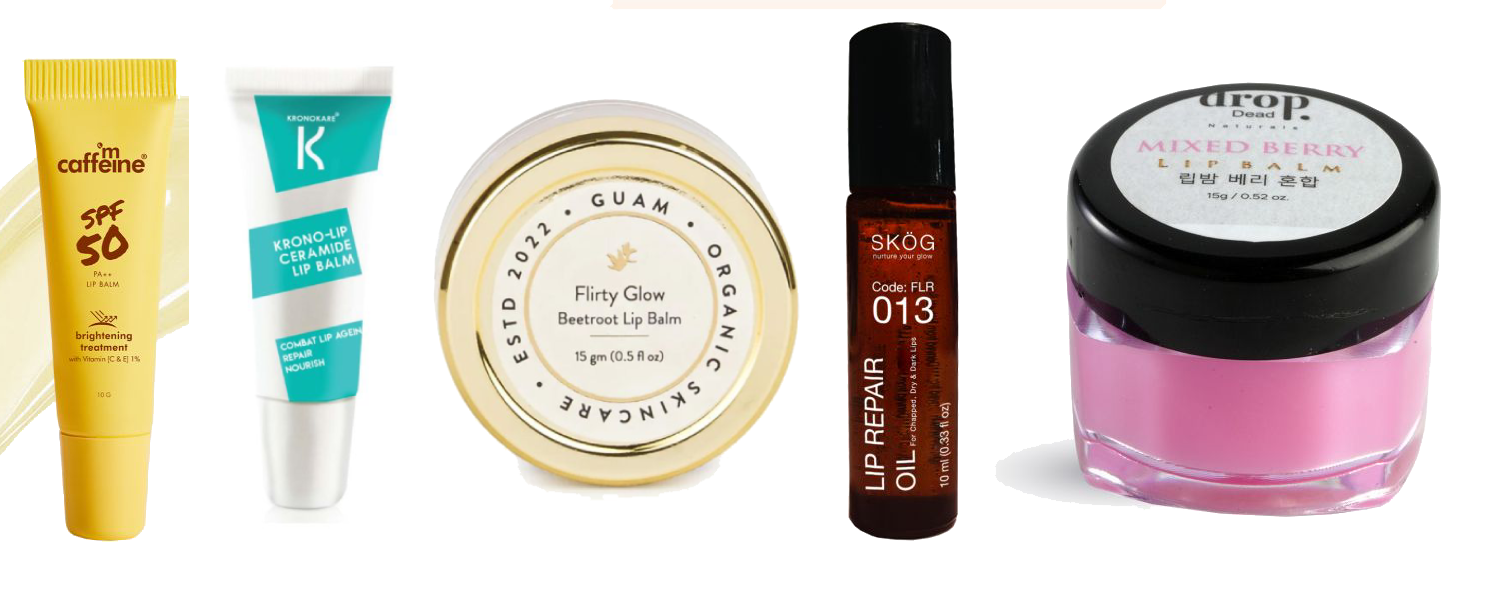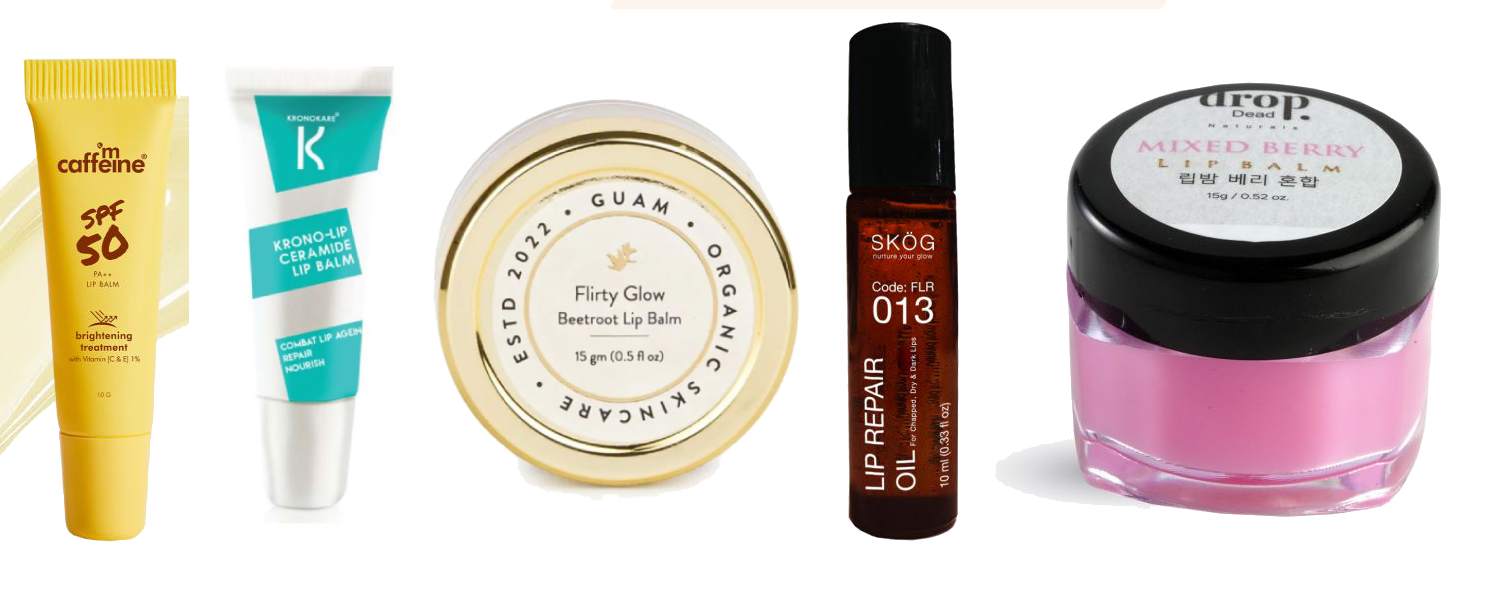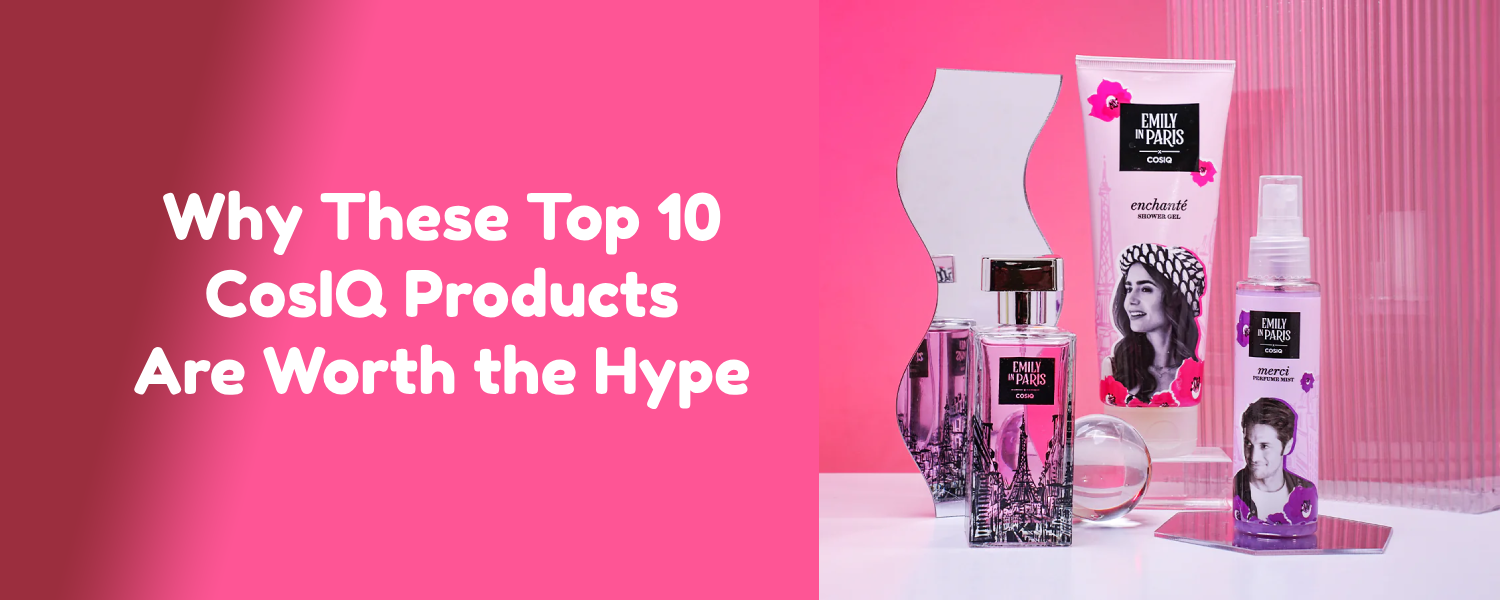Best Face Sunscreens for Men: Protect Your Skin

Strong 8k brings an ultra-HD IPTV experience to your living room and your pocket.
Introduction
Taking care of your skin is not just a concern for women. Men also need to protect their skin from the sun's harmful rays to maintain a healthy and youthful appearance. Using sunscreen is important to protect your skin from sunburn and premature aging and reduce the risk of skin cancer.
This guide will show the best face sunscreens for men. We will consider their skin type, preferences, and needs.
Why Men Need Sunscreen
Many men underestimate the importance of sunscreen or only apply it during beach outings or outdoor activities. However, sun exposure happens daily, even when driving or working near windows. UV rays penetrate through clouds and windows, causing cumulative damage over time. Sunscreen helps shield the skin from these harmful rays, preventing sunburn and skin damage that can lead to wrinkles, dark spots, and skin cancer.
Choosing the Right Sunscreen for Men
When selecting a sunscreen, there are several factors to consider, including your skin type, SPF level, ingredients, and lifestyle. Here's a breakdown of what to look for:
Skin Type:
Normal to Combination Skin: Look for lightweight, non-greasy formulas that absorb quickly without leaving a residue.
Dry Skin: Opt for moisturizing sunscreens with hydrating ingredients like hyaluronic acid or glycerin to prevent dryness.
Oily or Acne-Prone Skin: Choose oil-free, non-comedogenic formulas to avoid clogging pores and causing breakouts.
Sensitive Skin: Select fragrance-free and hypoallergenic sunscreens, preferably mineral-based with ingredients like zinc oxide or titanium dioxide.
SPF Level:
The SPF (Sun Protection Factor) indicates how well the sunscreen protects against UVB rays. A minimum of SPF 30 is recommended for daily use, offering adequate protection.
Consider SPF 50+ for prolonged outdoor activities or if you have fair skin that burns easily.
Ingredients:
Chemical vs. Physical (Mineral) Sunscreens: Chemical sunscreens absorb UV rays, while physical sunscreens (mineral-based) reflect and scatter them. Mineral sunscreens are less likely to cause irritation, making them suitable for sensitive skin.
Look for broad-spectrum sunscreens that protect against both UVA and UVB rays.
Lifestyle and Activities:
If you spend a lot of time outside or sweat frequently, use water-resistant sunscreen. Reapply it every two hours, especially after swimming or sweating.
Consider tinted sunscreens for additional coverage and to even out skin tone.
Best Face Sunscreens for Men
Now, let's explore some of the Best face sunscreens for men, categorized by different skin types and preferences:
1. Best Sunscreens for Normal to Combination Skin
La Roche-Posay Anthelios Melt-in Milk Sunscreen SPF 60: Lightweight, absorbs quickly, and provides high protection without leaving a greasy residue.
Neutrogena Ultra Sheer Dry-Touch Sunscreen SPF 55: Oil-free, non-comedogenic formula that feels light on the skin and is suitable for daily use.
2. Best Sunscreens for Dry Skin
CeraVe Hydrating Mineral Sunscreen SPF 30: Contains ceramides and hyaluronic acid to moisturize and protect dry skin.
EltaMD UV Daily Broad-Spectrum SPF 40: Provides lightweight moisturization with hyaluronic acid and is suitable for sensitive skin.
3. Best Sunscreens for Oily or Acne-Prone Skin
EltaMD UV Clear Broad-Spectrum SPF 46: This oil-free formula contains niacinamide to calm acne-prone skin and protect against a wide range of sun rays.
La Roche-Posay Anthelios Clear Skin Dry Touch Sunscreen SPF 60: Mattifying sunscreen that absorbs excess oil and helps prevent shine.
4. Best Sunscreens for Sensitive Skin
Aveeno Positively Mineral Sensitive Skin Sunscreen SPF 50: Contains oat extract to soothe and protect sensitive skin without irritating.
Blue Lizard Australian Sunscreen Sensitive SPF 30+: Mineral-based formula with zinc oxide and titanium dioxide, free of parabens and fragrances.
5. Best Sunscreens for Mature Skin
SkinCeuticals Physical Fusion UV Defense SPF 50: Lightweight tinted sunscreen that enhances skin tone and provides broad-spectrum protection.
Paula's Choice Resist Super-Light Wrinkle Defense SPF 30: Contains antioxidants to fight signs of aging and protect against UV damage.
How to Apply Sunscreen Properly
Applying sunscreen correctly ensures maximum protection. Here's a step-by-step guide:
Cleanse: Start with a clean face to remove dirt and oil.
Dispense: Apply a nickel-sized amount of sunscreen to your fingertips.
Apply: Gently massage the sunscreen onto your face and neck, ensuring even coverage.
Blend: Allow the sunscreen to absorb fully before applying any makeup or going outdoors.
Reapply: Remember to reapply sunscreen every two hours, especially if sweating or swimming.
Additional Tips for Sun Protection
Cover Up: Wear hats, sunglasses, and protective clothing to minimize sun exposure.
Seek Shade: Limit time in direct sunlight, especially during peak hours (10 AM to 4 PM).
Regular Skin Checks: Monitor your skin for any changes or unusual moles and consult a dermatologist if concerned.
Conclusion
Choosing the right sunscreen is essential for maintaining healthy and youthful skin. Whether you have normal, dry, oily, sensitive, or mature skin, there's a sunscreen that suits your needs. Remember to apply sunscreen daily, regardless of the weather, to protect against sun damage and maintain your skin's health. Invest in quality products and follow proper application techniques to ensure effective sun protection for years to come.
FAQ
How to apply sunscreen on the face
To apply sunscreen on your face, first cleanse your skin. Dispense a nickel-sized amount and apply evenly, starting from the centre and moving outward. Don’t forget your ears, neck, and any exposed areas.
Allow it to absorb for 15 minutes before sun exposure. Reapply every 2 hours or after swimming or sweating.
When to use sunscreen on the face
Put on sunscreen on your face every morning. Do this even if it’s cloudy or you’re indoors. This will protect your skin from UV rays. UV rays can still get through windows.
If you’re going outside, apply sunscreen 15-30 minutes before exposure to allow it to absorb fully. Reapply every 2 hours, especially if swimming or sweating.
How much SPF sunscreen to use on the face
It’s recommended to use sunscreen with SPF 30 or higher on your face. SPF (Sun Protection Factor) indicates how long the sunscreen protects against UVB rays compared to bare skin. SPF 30 blocks about 97% of UVB rays, while SPF 50 blocks about 98%.
Higher SPF doesn’t mean all-day protection; reapply every 2 hours or after swimming/sweating. Choose a broad-spectrum sunscreen to also protect against UVA rays, which contribute to skin ageing and cancer.
How to remove sunscreen from the face
To effectively remove sunscreen from your face, start by using a gentle cleanser suitable for your skin type. Apply the cleanser onto damp skin in circular motions, focusing on areas where sunscreen was applied. Rinse thoroughly with lukewarm water. Optionally, use a soft washcloth or cleansing brush for deeper cleansing.
Follow up with your regular skincare routine, including toner and moisturizer, to ensure your skin remains clean and hydrated. Avoid harsh scrubbing, as it can irritate the skin, especially after sun exposure.
Can we apply sunscreen directly on face?
You should apply sunscreen directly onto your face for effective protection against the sun’s harmful UV rays. Begin with a clean face.
Use a nickel-sized amount of sunscreen. Spread it evenly on your forehead, cheeks, nose, and chin. Gently massage it into your skin until fully absorbed. Allow it to dry for a few minutes before applying makeup or going outdoors.
More : BEST FACE SUNSCREENS FOR EVERY SKIN TYPE
Note: IndiBlogHub features both user-submitted and editorial content. We do not verify third-party contributions. Read our Disclaimer and Privacy Policyfor details.







